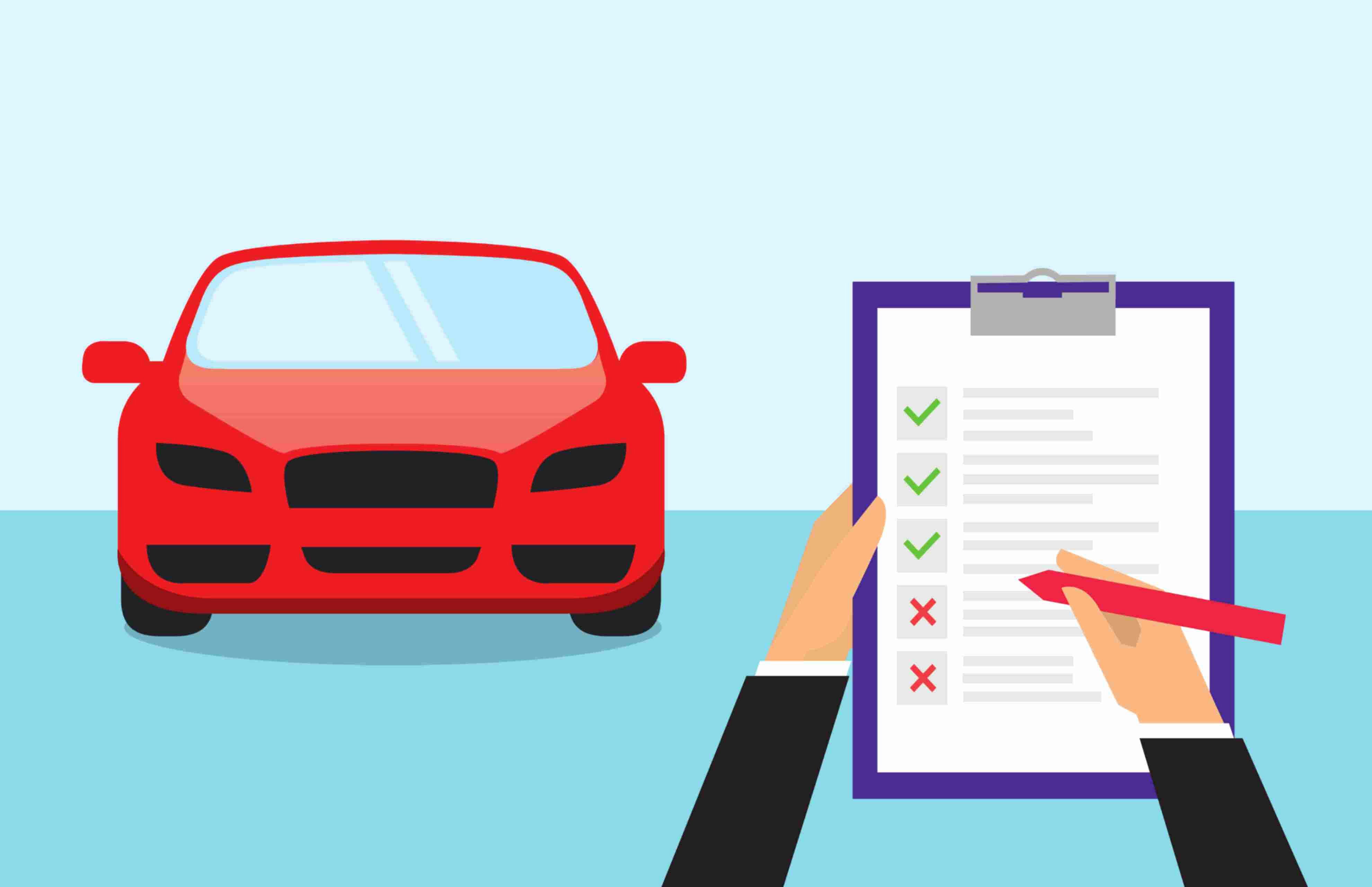Knowledge Hub
Knowledge Hub

Insurance for businesses: these are the tips you need to know about
Business made easy
June 17, 2020
As a business owner, you have a business to manage and have probably read many articles about taking out business insurance, so we’ll keep our advice short and succinct.
Here are some helpful business insurance tips
-
Define Your Business
As your business is unique, it requires tailor-made business insurance and because you best understand your business, you play a critical role in customising it. Start your business insurance journey by evaluating your business and understanding exactly what you need in terms of business insurance to cover your staff, equipment, and office supplies. Once you understand your business insurance objectives, begin getting quotes.
2. Assess Risk
Every business differs as do its associated risks, for example, smaller offices require different insurance to large warehouses with expensive equipment. Before taking out insurance, assess your businesses’ risks both physical and online.
3. Never settle for the first quotation
Never settle for the first quotation and always make comparisons. This means you will have to shop around for your business insurance from various companies. Set aside time for this as each quotation will need your full attention.
Business Insurance Quotes
When you have a few business insurance quotes, see how they compare and what each insurance policy covers its costs and benefits. If you are in doubt, ask an insurance broker to go through the details with you before signing.
4. Collect Receipts
You can only insure valuables once they have been validated against documentation. In terms of your insurance policy, printers, computers, drills, phones and other tools of the trade will fall under the equipment covered section.
To manage your insurance, gather the receipts from all your equipment and file them physically and electronically. If you buy new equipment while you have an existing policy, add those receipts.
5. Don’t Forget Your People
Never forget that your insurance policy should cover employees and should be there to help you if your employees require costly compensation, for example, injury on duty or a legal dispute. If your business uses freelancers, include them under your policy if it's financially viable to do so.
6. Look for Discounts
Although discounts may only be few and far between, use these cost-saving opportunities whenever they arise. Follow your insurers on social media, look for adverts regarding special deals and contact your insurance agent to see if you qualify for them.
7. Build Relationships
Form a professional partnership with your insurance broker or partner as this relationship could mean the difference between getting a great deal or spending more than you should. In this way, you can have a trusting and fruitful partnership that benefits your business and their agency.
8. Update Your Broker
Further develop a trusting relationship between yourself and your brokers by keeping them updated regarding new business developments, for example, regarding newly purchased equipment or in terms of staff changes. This will enable them to update your policy and ensure it always provides appropriate cover for your business.
Sources: Business News Daily, Small Biz Trends, The Self Employed
All the information and statistics garnered from named sources detailed within the written article are correct at the time of print and may be subject to change over time without the knowledge of the publisher after printing and publishing dates.

We have great insurance products
Need car, home & Life Insurance? We offer a wide range of insurance products. Switch & get cash back on insurance premiums.






















